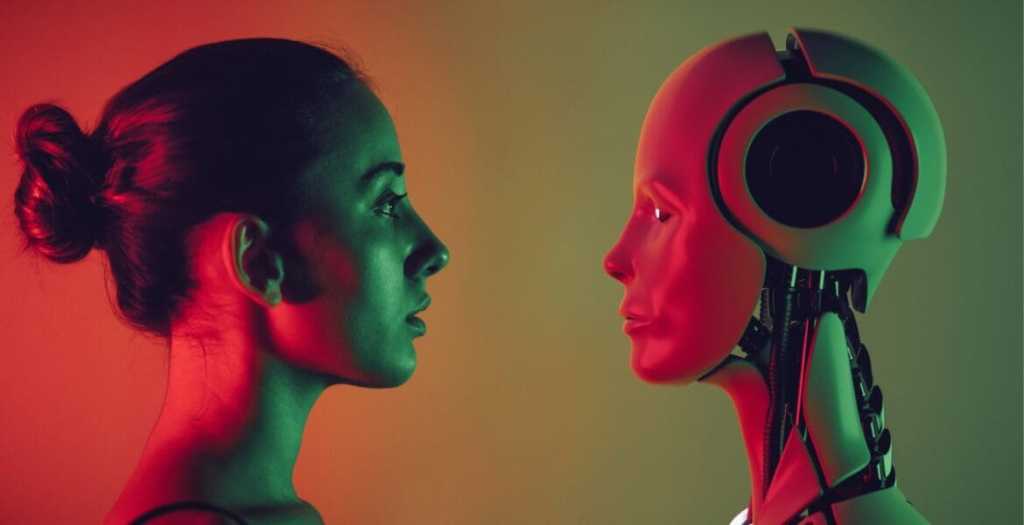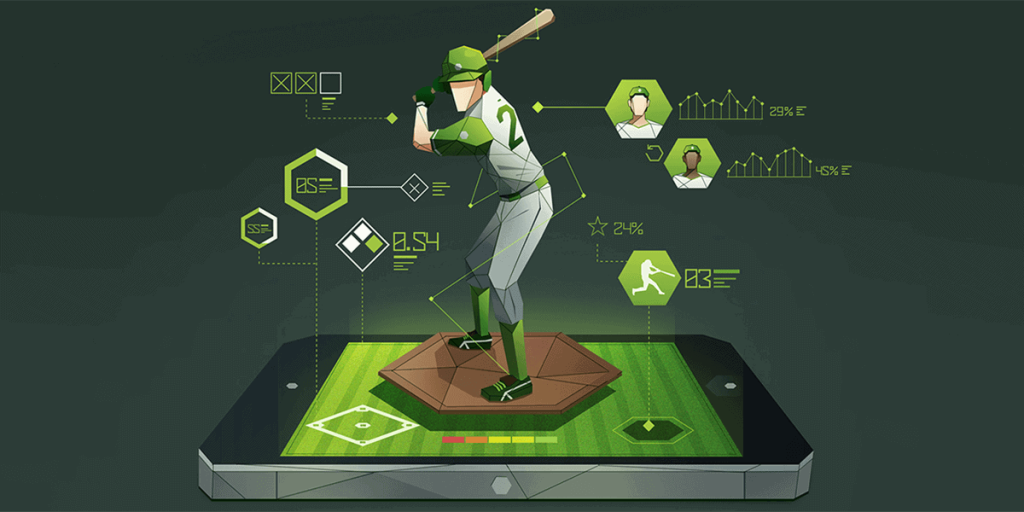Vhen Jesus Fernandez
The new advancements in tech have continued to make an impact on everyday life—from cake designs to political ads, and from personal well-being to sports regulations—leading to a call for a more vigilant society.
One notable benefit that these new techs are providing is ensuring the safety and security of establishments and commercial areas. With Project Pegasus, the UK government is investing more than £55M to expand facial recognition systems to crack down on shoplifters in England and Wales. Sarah Butler said it will include mobile vans that will scan crowded high streets and identify people wanted by the police.
With another project, Voices by Trinity College Dublin, headed by its history professor Jane Ohlmeyer, the use of new technology also helps “undercover women’s experiences in Ireland from 1500 to 1700” using artificial intelligence, according to Rory Carroll. This project brings together historians, literary scholars, data analysts, and computer scientists to recover marginalized voices and set an example for other overlooked narratives. A computer science professor at the same college, Declan O’Sullivan, also expressed confidence in the project which “could turn data into knowledge that was easily accessible.”
In her article quoting the recent journal published in Nature Human Behavior, Nicola Davis explained that while “touch”, as a physical act, is found beneficial for both healthy and unwell people, the new techs can boost mental and physical health as well. Davis suggested, “[H]umans gained similar benefits in terms of their physical health when touched by other humans as by objects—such as social robots or weighted blankets.”
These new techs have also made an impact in sports. To expedite VAR decisions, the Premier League is set to introduce semi-automated offside technology next season. According to a report by Paul MacInnes, it will now take 31 seconds less on average due to the improved power of the technology just like during the 2022 World Cup in Qatar.
“As the technology has become more powerful, it’s also become more powerful, it’s also become easier to use,” says Alex Hern in The Guardian. In a separate article, Hern quoted Elon Musk saying that superhuman artificial intelligence will be “able to outsmart anyone on Earth…next year” with the transition from chips to a voltage transformer and, eventually, to only electricity supply.
However, Sarah Cardell, the CEO of Competition and Markets Authority, said that the fast-changing AI foundation models and systems “were a potential ‘paradigm shift’ for society” which can shape markets according to their interests.
Such dangers include, according to her, a possible control over inputs and restrictions, the distortion of choices in AI services, and the exclusive partnerships between key players to attain concentrations of market power. “We’re committed to applying the principles we have developed…to ensure that this transformational and structurally critical technology delivers on its promise,” Cardell assures.
Ben Colman, the CEO of Reality Defender, also acknowledged that “[t]hings are gonna keep advancing on the fake side.”
Dan Milmo and Alex Hern, in their article in The Guardian, warned about doctored or manipulated media which will be always high around election cycles, especially when about half of the world’s population will vote this year—including India, the US, and the UK.
Because of this, tech companies, like the Coalition for Content Provenance and Authenticity—which includes the BBC, Google, Microsoft, and Sony—have outlined “standards for watermarking and labeling.” The AI-generated content must be distinguishable from the real ones.
Although AI techs are getting better at mimicking human features or intelligence, Hern tells his readers to check closely the following: awkward hands and limbs; misspelled words or blurry and mysterious letters; funny hair; asymmetry of elements that come together like earrings or cutlery; textures and patterns; space and objects’ geometry; consistency of multiple images; and among others.
He also said to not get hung up on AI. “If an image seems questionable enough that you’re poring over it, take a step back and consider whether you should trust your gut.”

